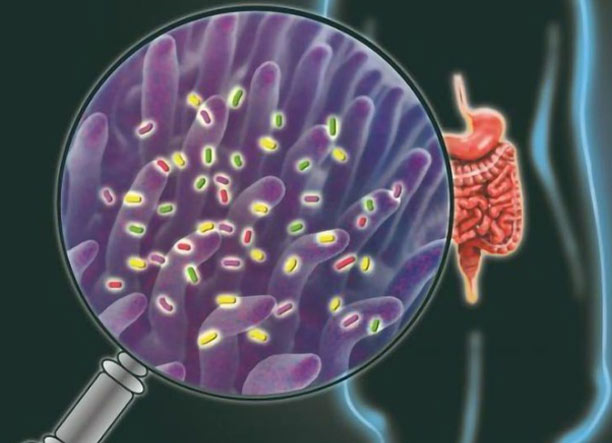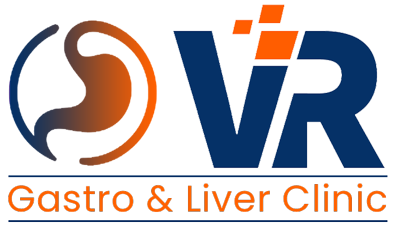Gut health is a critical aspect of overall well-being, influencing everything from digestion to immune function. Among the key players in maintaining a healthy gut are probiotics and prebiotics. These substances play distinct but complementary roles in fostering a balanced and thriving gut microbiome. Understanding their functions and benefits can help you make informed choices about your diet and supplements, promoting better digestive health.

What are probiotics?
Probiotics are live microorganisms, often referred to as "good" bacteria, that provide health benefits when consumed in adequate amounts. They are naturally found in fermented foods like yogurt, kefir, sauerkraut, kimchi, and miso, as well as in dietary supplements. The most common types of probiotics include Lactobacillus and Bifidobacterium species.
Probiotics help maintain a healthy balance of gut bacteria. They achieve this by outcompeting harmful bacteria, producing substances that inhibit pathogen growth, and enhancing the gut's immune response. Research has shown that probiotics can alleviate symptoms of irritable bowel syndrome (IBS), reduce the risk of diarrhea from infections or antibiotics, and even improve mental health conditions like depression and anxiety
What are prebiotics?
Prebiotics are non-digestible food components that beneficially affect the host by selectively stimulating the growth and activity of beneficial bacteria in the gut. Unlike probiotics, which are live bacteria, prebiotics are types of fiber that the human body cannot digest. They serve as food for probiotics and other beneficial microbes. Common prebiotics include inulin, fructooligosaccharides (FOS), galactooligosaccharides (GOS), and resistant starches
Prebiotics are found in various foods, including onions, garlic, leeks, asparagus, bananas, and whole grains. By promoting the growth of beneficial bacteria, prebiotics help improve gut health, enhance mineral absorption, boost immune function, and reduce the risk of gastrointestinal diseases
How probiotics and prebiotics work together?
Probiotics and prebiotics work synergistically to promote gut health. This combination is known as synbiotics. While probiotics introduce beneficial bacteria into the gut, prebiotics provide the necessary nutrients to help these bacteria thrive. Together, they help maintain a balanced gut microbiome, which is essential for optimal digestive health
For example, a diet rich in prebiotic fibers can enhance the survival and colonization of probiotic bacteria in the gut. This synergistic relationship helps improve the efficacy of probiotic supplements and fermented foods. Consuming synbiotics can lead to better outcomes for conditions like IBS, inflammatory bowel disease (IBD), and antibiotic-associated diarrhea
What are the benefits of probiotics and prebiotics?
Here are the best benefits of probiotics and prebiotics to improve our gut health:
Improved digestive function
Probiotics and prebiotics help maintain a healthy balance of gut bacteria, which is essential for proper digestion. They can alleviate symptoms of digestive disorders like IBS, bloating, and constipation
Enhanced immune system
A significant portion of the immune system is located in the gut. By promoting a healthy gut microbiome, probiotics and prebiotics can enhance immune function and reduce the risk of infections.
Reduced inflammation
Chronic inflammation in the gut can lead to various diseases, including IBD and colorectal cancer. Probiotics and prebiotics help reduce inflammation by modulating the immune response and maintaining the integrity of the gut barrier
Mental health benefits
The gut-brain axis is a bidirectional communication system between the gut and the brain. A healthy gut microbiome can positively impact mental health, reducing symptoms of depression and anxiety.
Weight management
Some studies suggest that probiotics and prebiotics can help with weight management by influencing the gut microbiota composition, enhancing feelings of fullness, and reducing fat absorption
Incorporating probiotics and prebiotics into your diet
To reap the benefits of probiotics and prebiotics, consider incorporating a variety of foods into your diet
- Probiotic-rich foods: Yogurt, kefir, sauerkraut, kimchi, miso, and tempeh
- Prebiotic-rich foods: Onions, garlic, leeks, asparagus, bananas, chicory root, and whole grains
In some cases, taking dietary supplements may be beneficial, especially if your diet lacks these foods. Always consult with a healthcare provider before starting any new supplement regimen
Probiotics and prebiotics play a crucial role in maintaining gut health. By understanding their functions and benefits, you can make informed dietary choices that support a healthy gut microbiome. Incorporating a variety of probiotic and prebiotic-rich foods into your diet can lead to improved digestive function, enhanced immune response, and overall better health.
If you have doubts about gut health issues, contact the best gastroenterologist in Vijayawada Dr. Veera Abhinav Chinta at VR Gastro & Liver Clinic. He can provide diet and nutrition advice for your gastrointestinal and liver health.
Articles
- Irritable Bowel Syndrome (IBS): Understanding Symptoms, Diagnosis, and Management Strategies
- Celiac Disease and Gluten Sensitivity: What You Need to Know
- Understanding Colonoscopies and Endoscopies: Why They're Important for Digestive Health
- Preventing Colon Cancer: Risk Factors, Screening, and Early Detection
- How Your Gut Health Affects Your Whole Body
- Gas Pain in Chest: Causes, Treatment, and More
- How junk food affects liver health
- The role of probiotics and prebiotics in gut health
- What is indigestion or dyspepsia?
- Why is hydration so important for liver health?
- What are the 5 symptoms of liver disease in women?
- What does alcohol do to your body?
